This book seems to have been written primarily because the author learned about the existence of boxes of Thomas Watson’s papers that had never been read by any biographer or journalist. In some cases, the author’s access to these new materials does help fill in some minor gaps in the existing accounts of Watson’s life. And cumulatively, they take some of the shine off the legend, impressing upon one how humdrum the daily life of even a business titan must be. This book is reasonably well written and packed with memorable anecdotes. While it doesn’t offer stunning new insights, getAbstract commends it as a readable, accessible and balanced introduction to one of the greatest executives of the twentieth century.
False Start
Thomas Watson was almost 40 when he began his real career. Until then, he was a successful salesman for National Cash Register, but that turned out to be sort of a false start. In 1903, NCR founder John H. Patterson directed him to set up a dummy company to destroy competitors in the used cash register business. This secret, anti-competitive initiative was supposed to cut prices on used cash registers so low that other firms couldn’t survive in the business. Watson would buy out any competitors, and eventually NCR would have a monopoly or near-monopoly. Watson did an exemplary job and was rewarded in 1910 with a promotion to sales manager of NCR, responsible for 200 branches and 900 salesmen.
Watson learned a great deal at NCR, a very tight organization dominated by Patterson, who had a rule for everything. He even told employees how often they could bathe. His sales manual included verbatim sales pitches, including instructions on when to point at the machine they were selling. As sales manager, Watson somewhat loosened the controls, and his men loved him for it. Watson formed a very influential friendship with NCR product developer Charles Kettering, ...
Kevin Maney is a technology columnist for USA Today. The business journalism publication TJFR voted him the best technology columnist, and Marketing Computers magazine has named him one of the most influential technology columnists. He is the author of Megamedia Shakeout, a BusinessWeek bestseller.











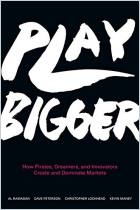
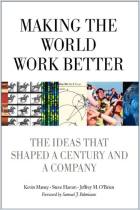
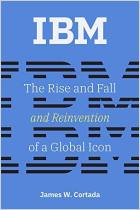
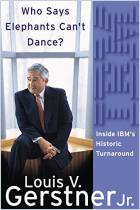
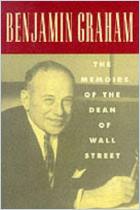
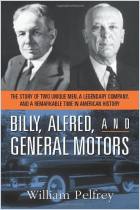
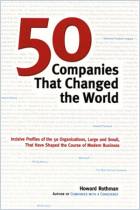
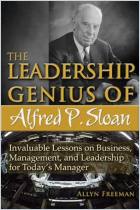



Comment on this summary or Comenzar discusión
The author describes him clear and real as when run IBM.
Watson was charisma, hardworking and innovation.
Selling great products in the States mostly, but after 1930 internationally.
As Mr Ford he made business with Nazi Germany.
That showed his ruthless and greedy side.